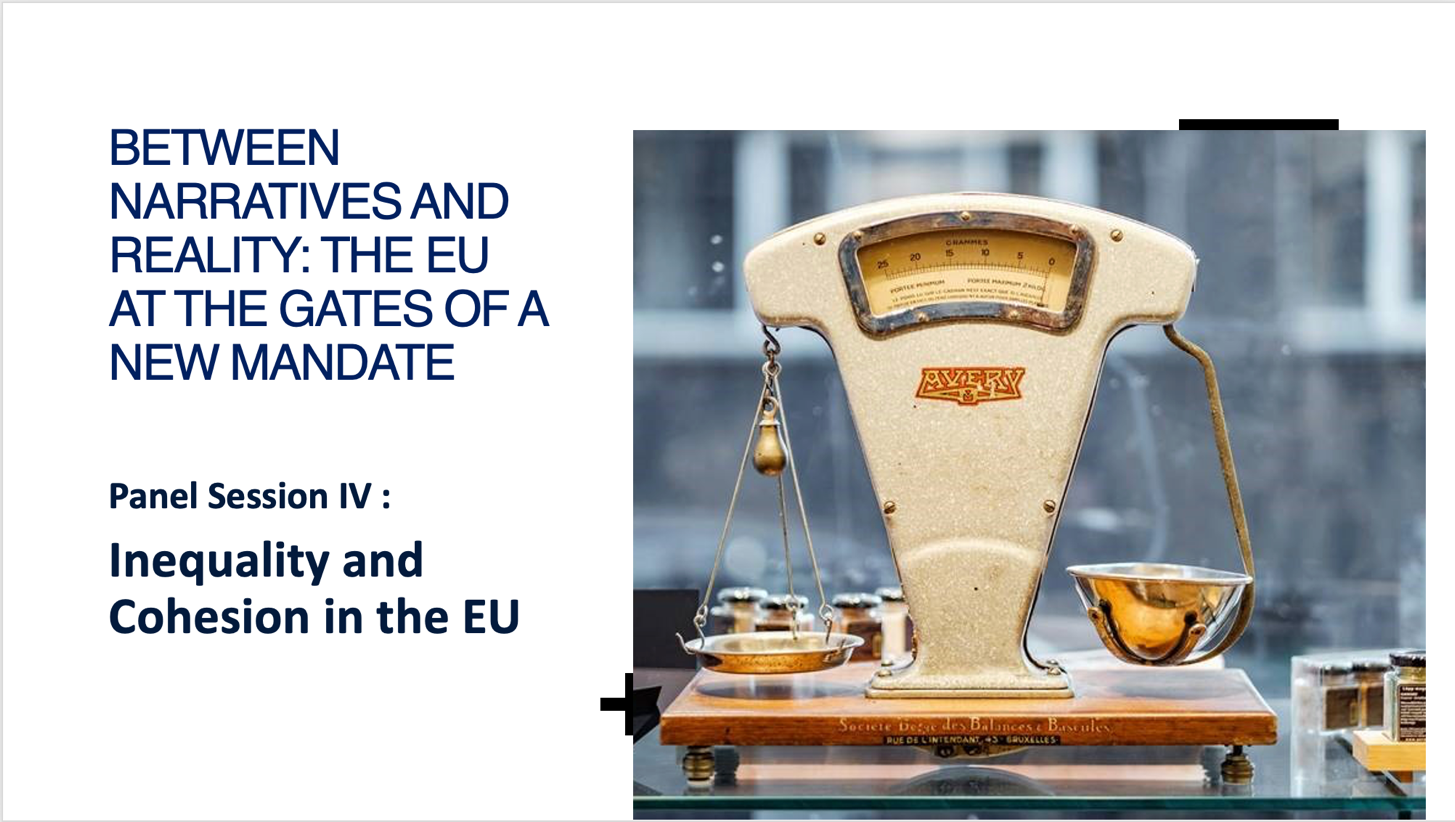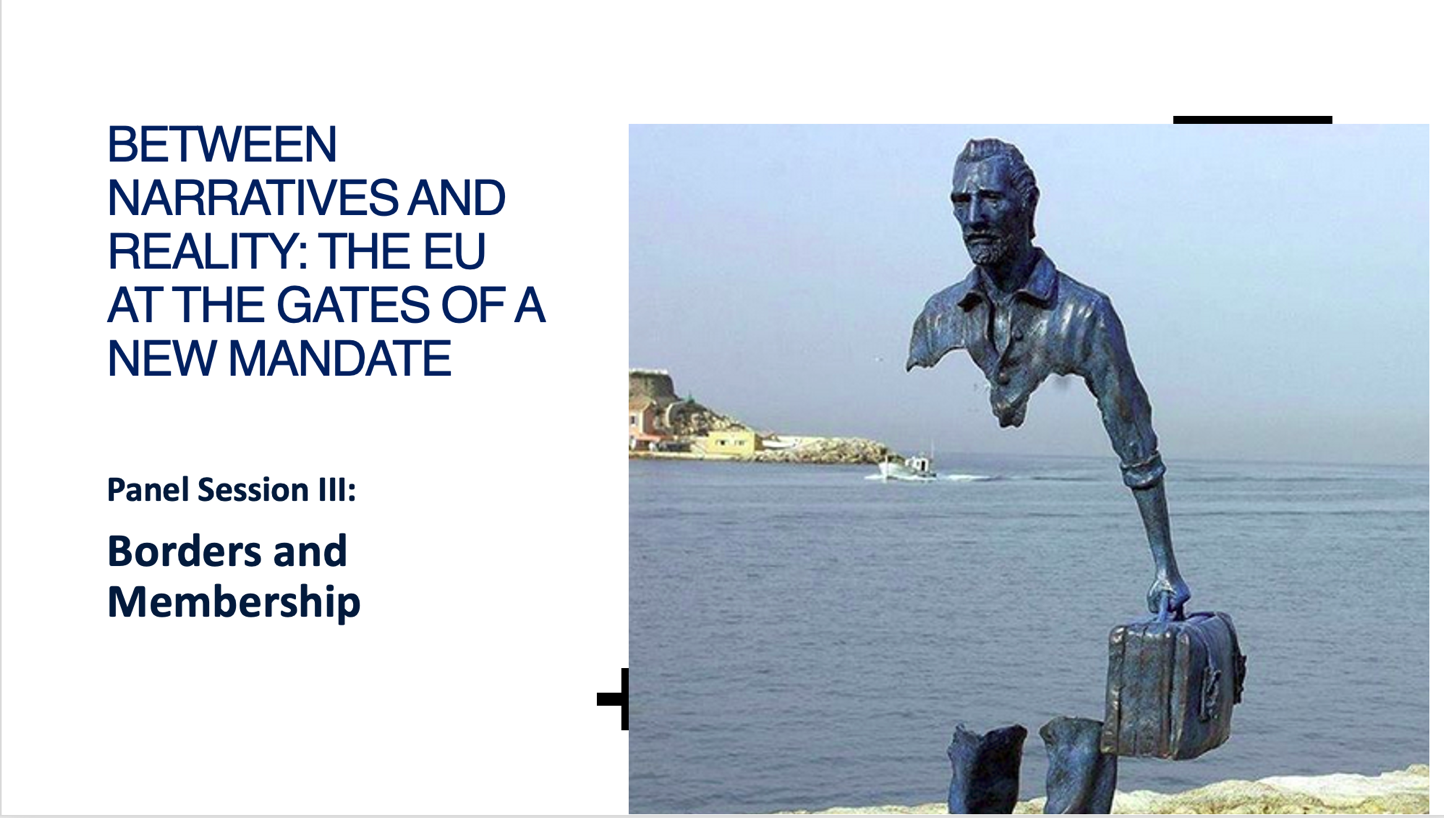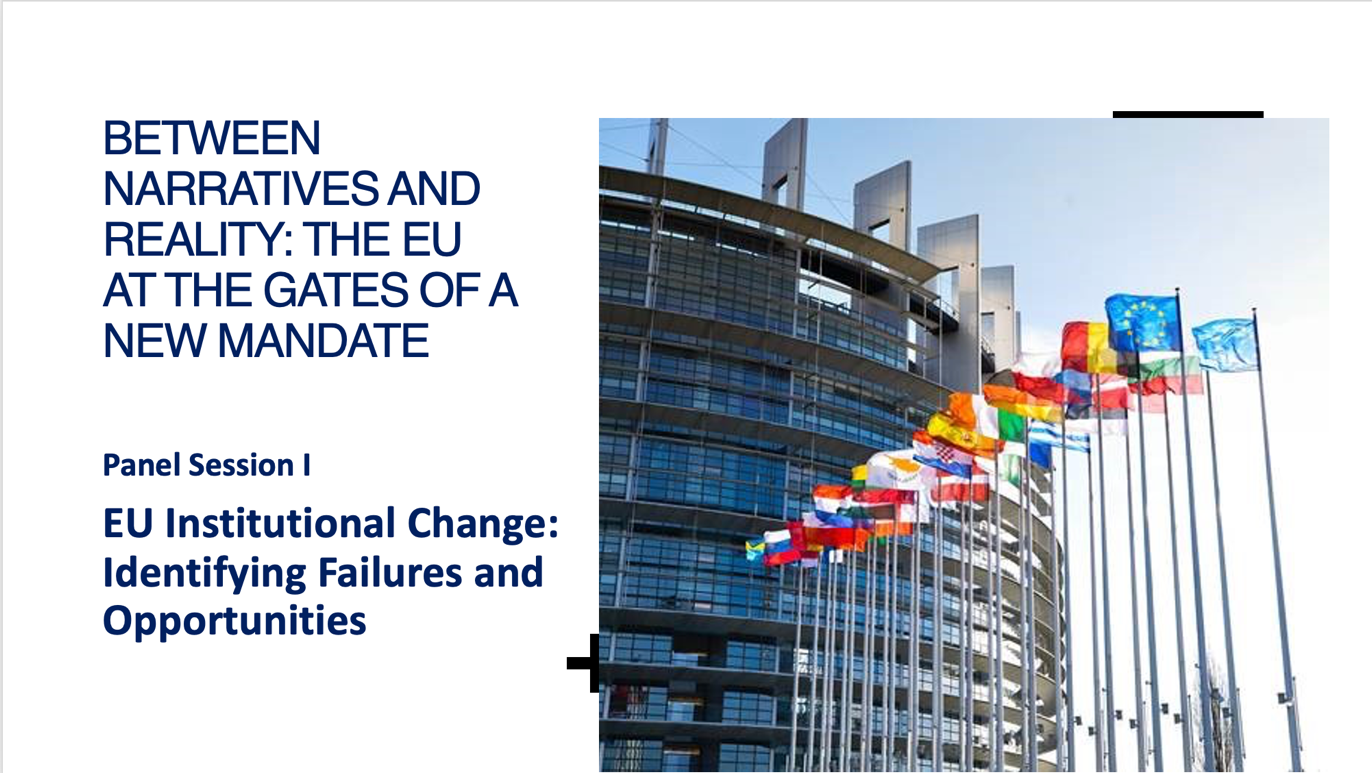PANEL II: ENVIRONMENTAL PROTECTION
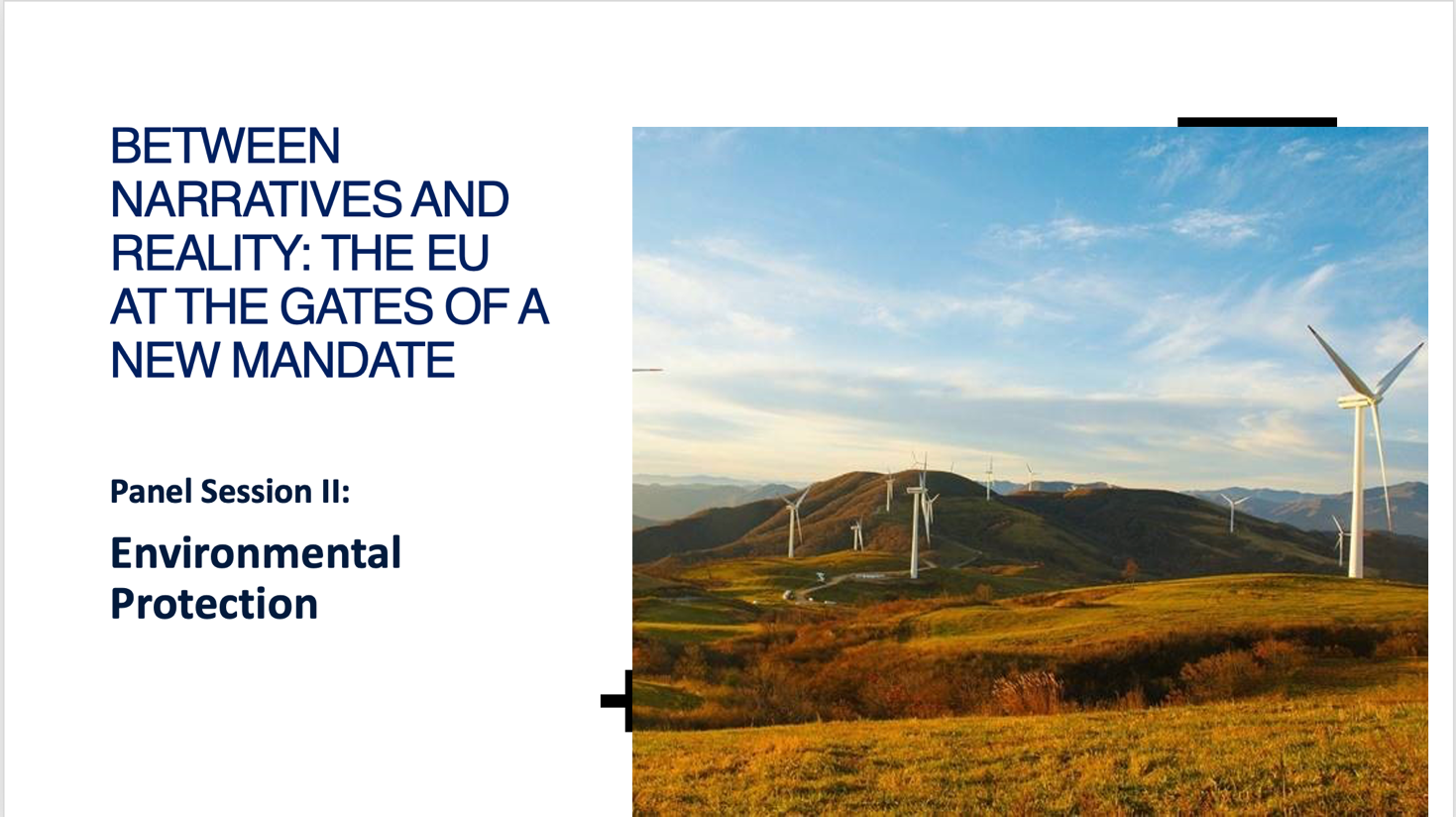
The European Green Deal has been one of the landmark initiatives of the 2019 – 2024 European Commission, but also one that has proven remarkably contentious.
Chair: Francesca Colli
Speakers: Justine Richelle and Lucila de Almeida
The European Green Deal has been one of the landmark initiatives of the 2019 – 2024 European Commission, but also one that has proven remarkably contentious. This panel explored the extent to which the narratives publicly articulated by the Commission in relation to environmental protection have materialized in legislative instruments.
Lucila de Almeida’s presentation compared official statements issued by the Commission in its Communications (namely the European Green Deal, the new Consumer Agenda, the new Circular Economy Action Plan, and the Fit for 55) with actual legislation. Lucila explained that, while officially prescribing consumers to go green when they want, EU legislative measures restricted their freedom of making environmentally unsustainable choices. Lucila’s presentation then moved on to the principle of technological neutrality (the idea that that policymakers should not “pick winners” in the competition between alternative technologies; often invoked in debates surrounding CO2 fleet limits for vehicles). Despite the importance granted to that principle in the Commission’s official policy documents, the legislation and the case law of the European Court of justice does not see it as legally binding, a “general principle of EU law”. Lucila reflected on how both sets of findings can hinder the practical success of the Green Deal and its acceptance by the population.
Justine Richelle examined whether the Green Deal has improved access to information, public participation in decision-making, and access to justice in relation to environmental issues (what we call ¨environmental procedural rights¨). While there have not been recent measures specifically addressed to the improvement of environmental procedural rights, amendments to existing legislation and new sectoral legislation (the Deforestation Regulation, the Ambient Air Quality Directive, the Urban Wastewater Treatment Directive and the Industrial Emissions Directive) had an indirect impact on them. Yet in her analysis, Justine observed that these legislative novelties have not substantially expanded environmental procedural rights. As a result, the EU evidences a certain dichotomy by which the promises made by the Aarhus Convention on Access to Information, Public Participation in Decision-making and Access to Justice in Environmental Matters (of which both the EU and the Member States are Parties) are not fulfilled in practice.
After a lively debate with the participants of the conference, the Chair of the panel, Francesca Colli reflected on how these topics are approached differently from the legal and political science disciplines.
-
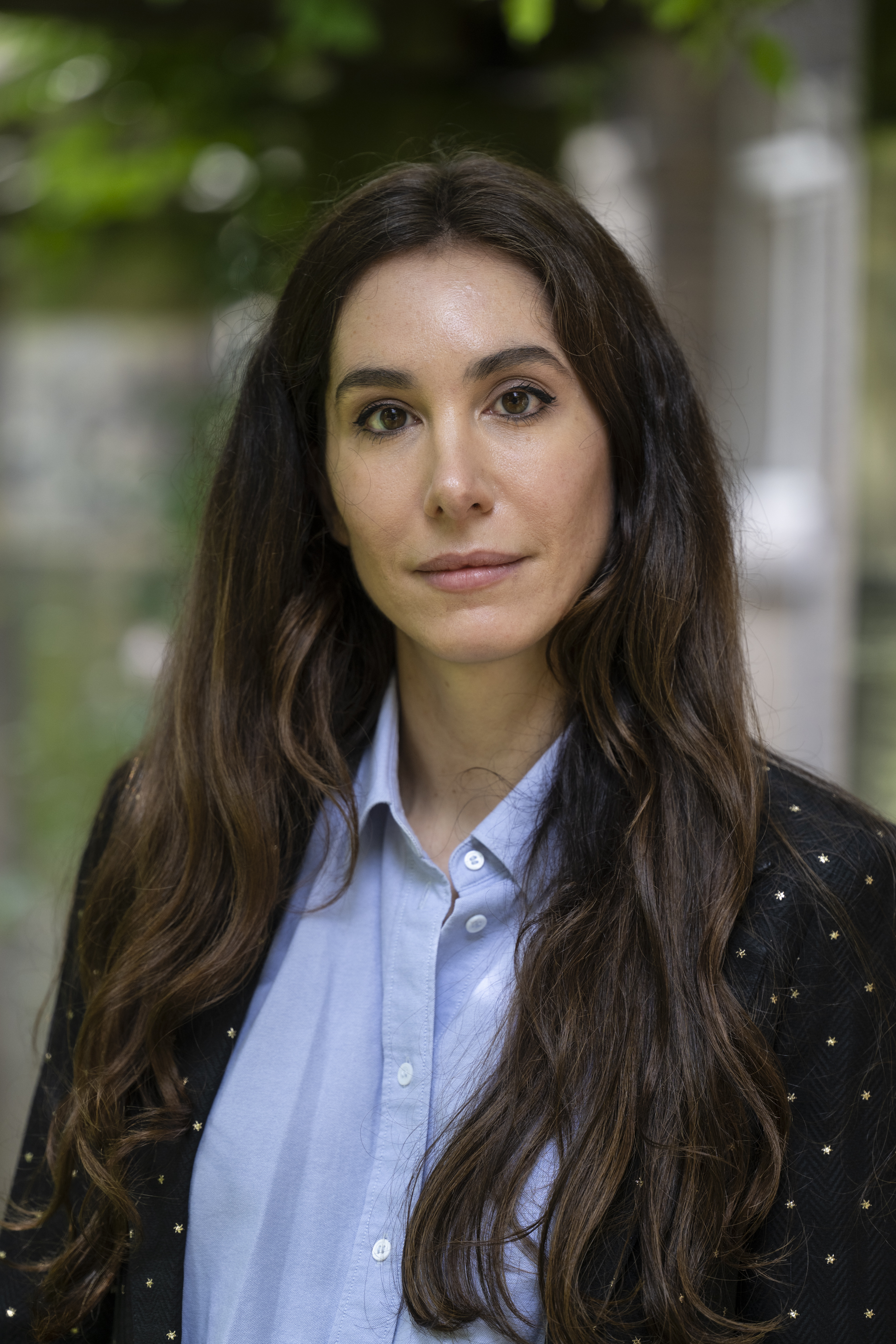 L. Díez SánchezMore articles from L. Díez Sánchez
L. Díez SánchezMore articles from L. Díez SánchezI am Assistant Professor in EU Law. Before that, I was Inquiries Officer at the strategic team of the European Ombudsman, Teaching Fellow in Law at Sciences Po Paris, and Emile Noël Fellow at New York University (Fulbright-Schuman Scholar).
-
 F. RistucciaMore articles from F. Ristuccia
F. RistucciaMore articles from F. RistucciaFulvia Ristuccia holds a Master’s degree in Law from Roma Tre University (2014), an LLM in European Law from the College of Europe in Bruges (2017), where she was also Academic Assistant in a.y. 2017-2018, and a PhD (cum laude, 2022) from Bocconi University.
Other blogs:
Also read
-
Economic inequality is a prominent concern in contemporary European societies. The European Union tries to narrow them by means of instruments like the structural funds, while navigating accusations of actually increasing inequality through its market-oriented policies.
-
While the Union is premised as a border-free zone amongst its Member States, borders are very much present as a delimitation of belonging within the EU and towards the outer world.
-
Throughout their history, EU institutions have evolved to match the developments of the Union and its increased competences.
